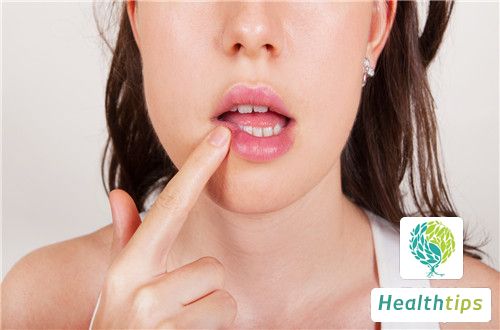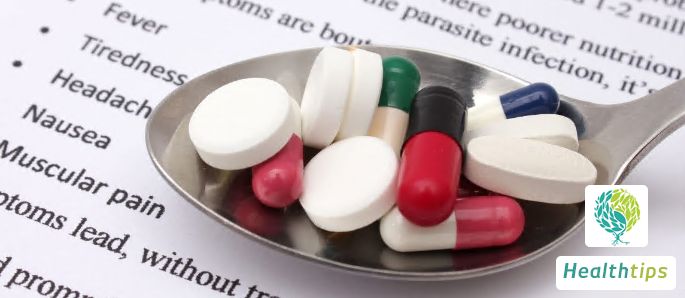What Should I Use to Relieve Itching Below?
Female genital itching is a common phenomenon, and the main reason is gynecological diseases such as vaginitis and vulvitis. Therefore, if you experience genital itching, it is important to promptly undergo gynecological examination and receive relevant treatment. Additionally, friction from clothing can also cause genital itching, especially when women wear tight pants that cause local friction and easily lead to itching.

It is essential to treat genital itching as early as possible. What should be used to wash the affected area? Firstly, genital itching in women is generally caused by inflammation and can be treated with gynecological anti-inflammatory washes, such as Honghe Fujie Wash or Jieryin Wash. However, using washes alone is not sufficient to cure the inflammation, and the specific cause should be identified. If it is simply vulvitis, antibiotic ointments such as erythromycin ointment should be applied in addition to washing. If the itching is caused by vaginitis, such as trichomoniasis or bacterial vaginosis, active treatment of the vaginitis is necessary. Failure to cure vaginitis can lead to persistent or recurrent vulvitis. Both external and vaginal washes can be used simultaneously, followed by vaginal administration and external application for treatment.
What are the reasons for female genital itching? First, gynecological diseases should be suspected if frequent episodes of vulvar itching are observed. Some gynecological diseases manifest as obvious vulvar itching symptoms during their development, such as vulvitis and vaginitis. Therefore, women who notice persistent itching in their vulvar area should be vigilant about these gynecological diseases and seek prompt improvement through reasonable methods to prevent them from worsening and affecting their health.
Second, women should consider whether the itching is caused by clothing friction. Some women wear tight-fitting clothes that may cause friction to the vulvar area, resulting in a certain degree of itching. Third, poor hygiene in the local area can also lead to vulvar itching. If personal hygiene is not taken seriously, such as failing to clean the vulvar area during menstruation, bacteria and pathogens may invade the area and cause itching. In such cases, attention should be paid to maintaining local hygiene, and reasonable methods should be adopted for local care and cleaning to prevent persistent vulvar itching and its impact on women's normal life.



















